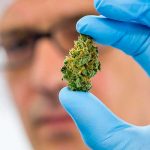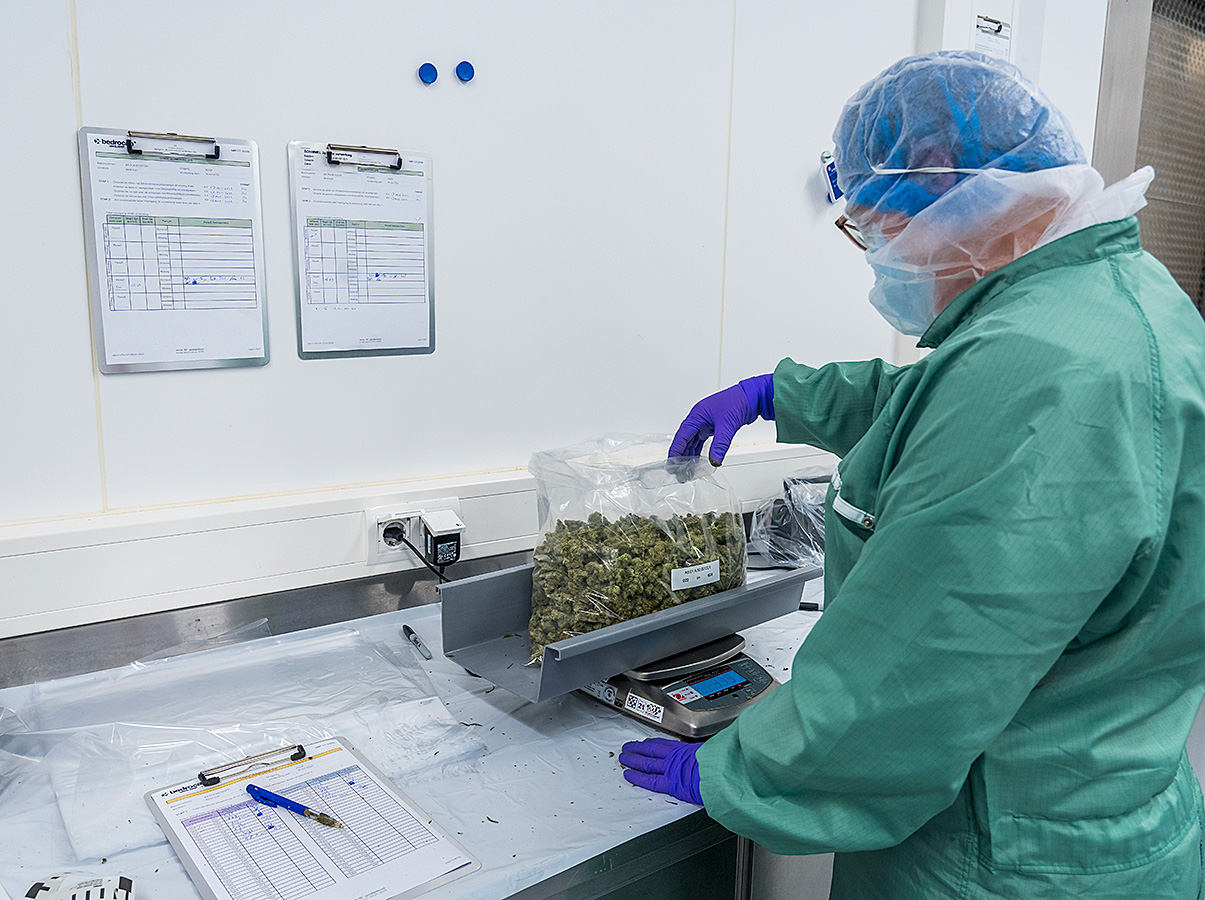Cannabis Dosing
Cannabis dosing is not that easy. Dosage varies from patient to patient. Like with other medicines, individual patients will respond differently to medicinal cannabis. Their response depends on the cannabis product used and the condition being treated. The duration of treatment, administration and genetic predispositions are important factors too.
It is important that the dosage is titrated (built up) slowly, whichever product is used. It is important to find the right dose for each individual patient in order for them to fully benefit from medicinal cannabis. Most unwanted side effects of medicinal cannabis may be prevented by following just a few simple guidelines:
- Low dose – it is better to take several small doses in a day that add up to the required result, than to experiment with one single large dose.
- Patience – cannabis may have a different effect on each patient. Wait for the effect (if any) to appear. It’s best to use the same (low) dose for several days, and monitor any effects that may occur.
- Increase dose slowly – after a few days the patient can increase the dose, but slowly. Take a few days after each increase to monitor progress.
In about 1-2 weeks the patient should be able to find their own, personalised dose that gives the greatest medicinal effects with minimum side effects.
Cannabis dosing and cannabis overdosing
Overdose can usually be prevented by preparing a treatment protocol. When using too large doses containing THC, a patient may experience intoxication. This is often described as a mild euphoria or results in sedation and somnolence. As time passes, this changes to feelings of being content and relaxation. Some individuals may experience mild impairment of short-term memory and an increase in heart rate. Other effects are uncontrolled laughter and changes in the awareness of surroundings (colours, sounds).
In some cases, the overdose can be experienced as a distortion of reality, mild anxiety, changes in heart rate and blood pressure. In these cases, most often, it is sufficient for patients to sit or lay down in a calm and comfortable location, preferably with someone familiar to talk to.
Overdosing with very high doses may result in a psychotic state or other psychiatric conditions, particularly in those with a pre-existing genetic vulnerability.
Preventing getting ‘high’
Some patients experience an unwanted ‘high’. This can usually be prevented by consuming lower doses, or by administering the dose slowly over a longer period. The chance of experiencing these effects is greater when medicinal cannabis is consumed orally, because the digestive system releases THC-metabolites. These chemicals are even more psychoactive than THC itself. This is one of the reasons why edibles commonly lead to problems with overdosing.
When consuming cannabis in the form of tea (a liquid, which is easier to digest) such side effects occur less frequently. Patients susceptible to psychosis are advised to use the cannabis Bediol®, as CBD has been shown to be capable of suppressing the psychoactive effects of THC.








